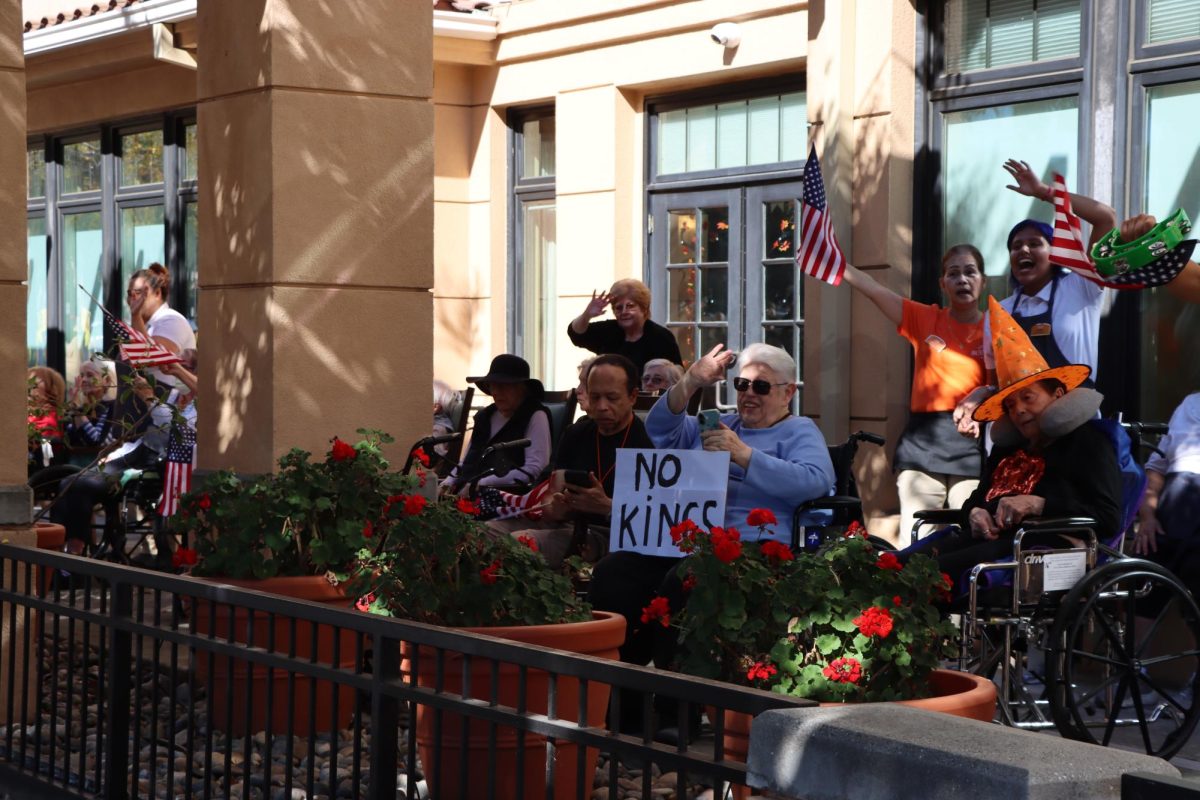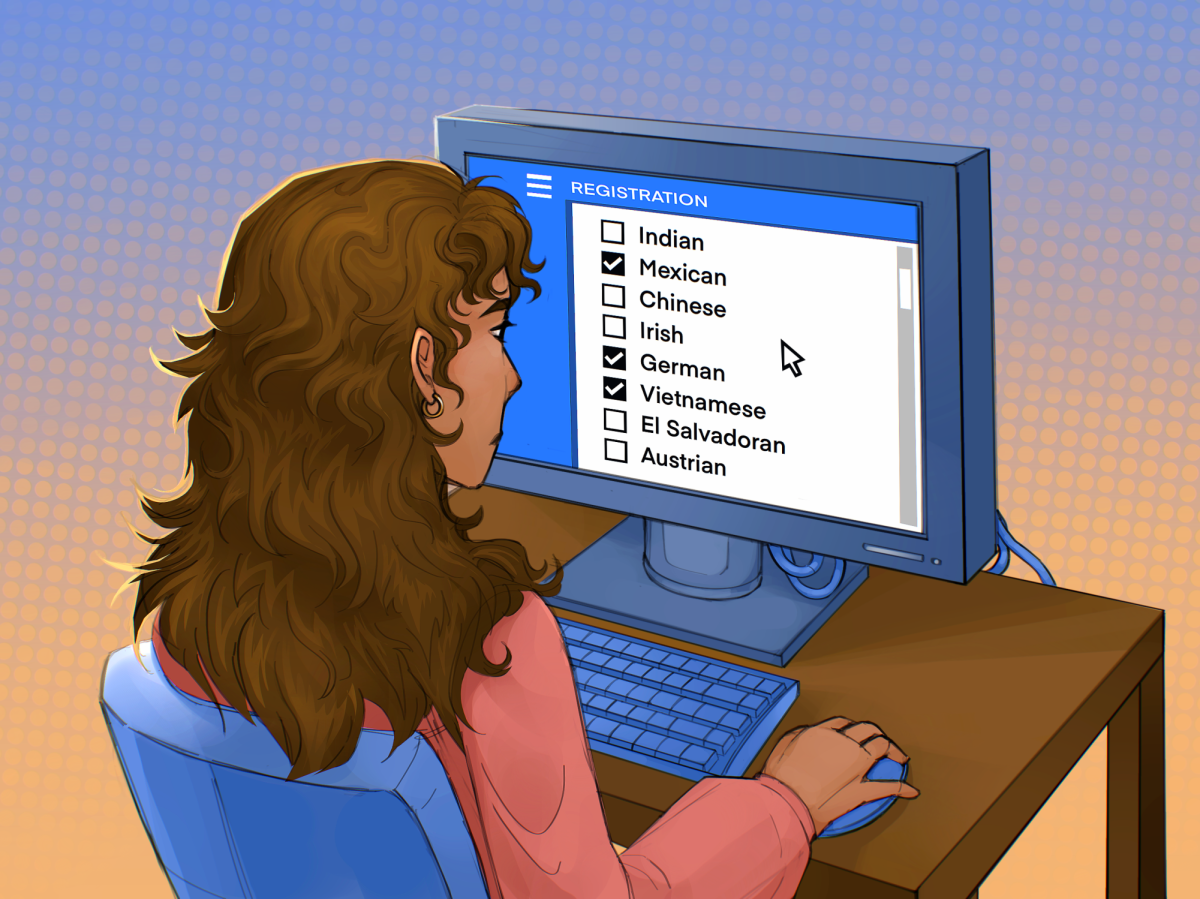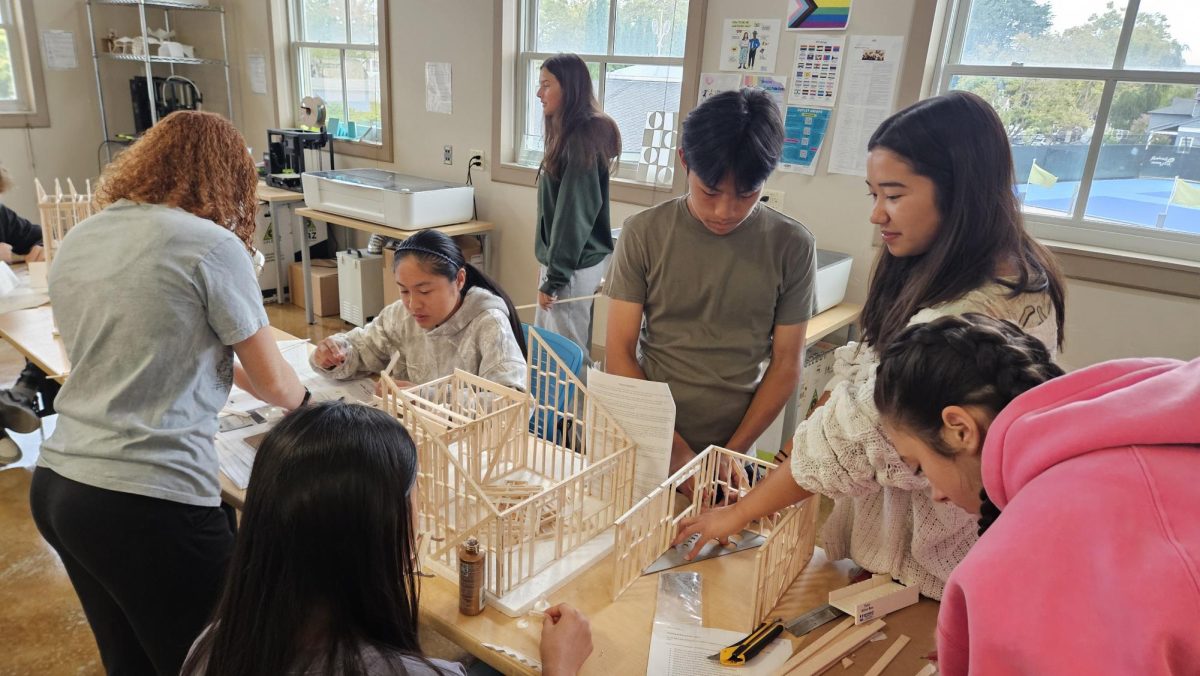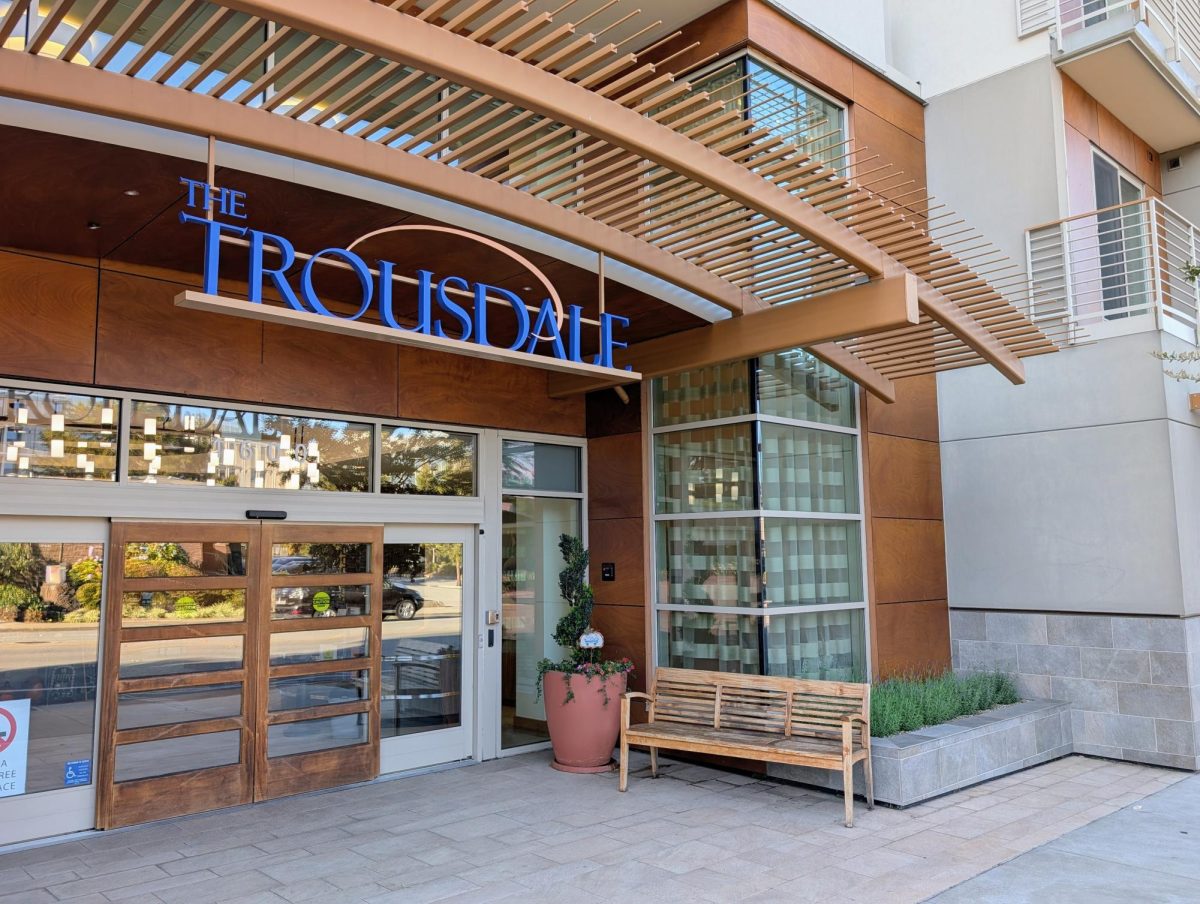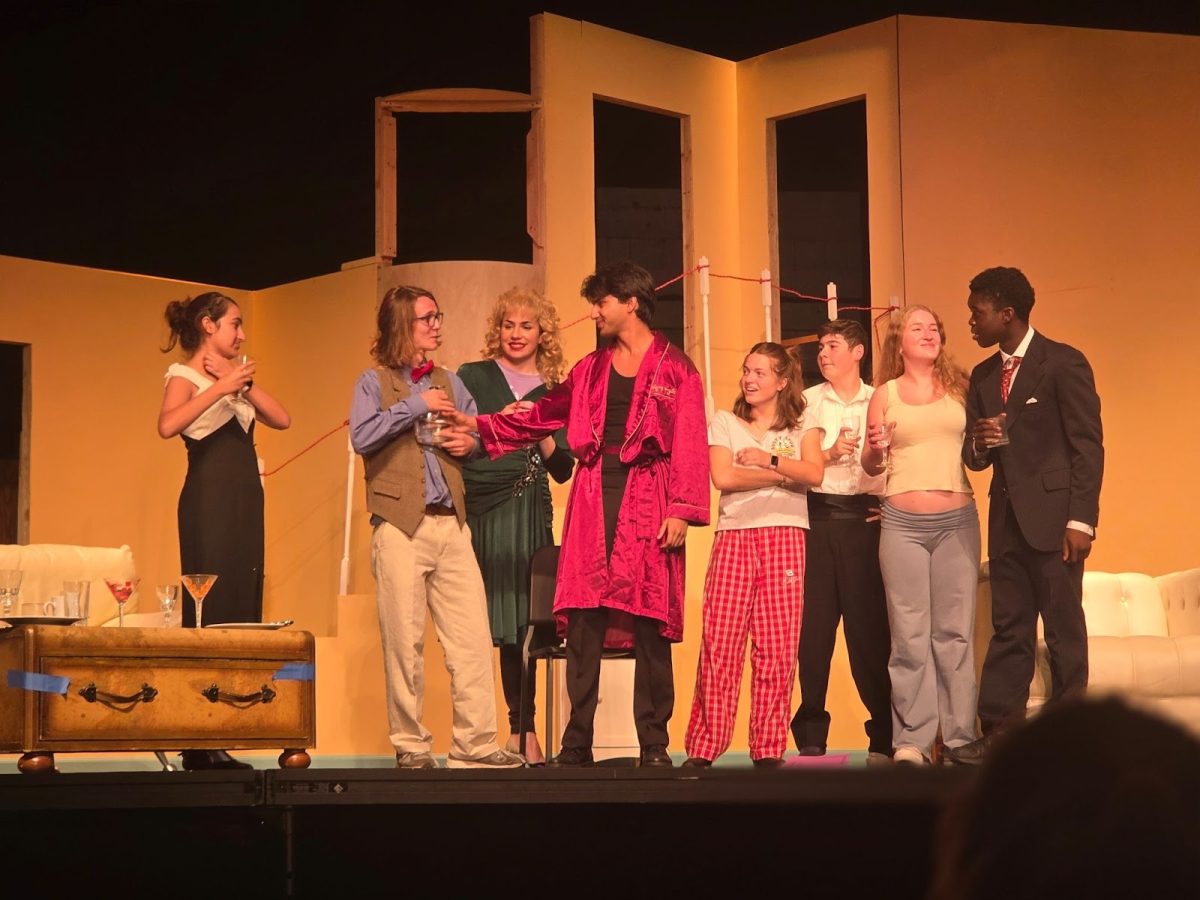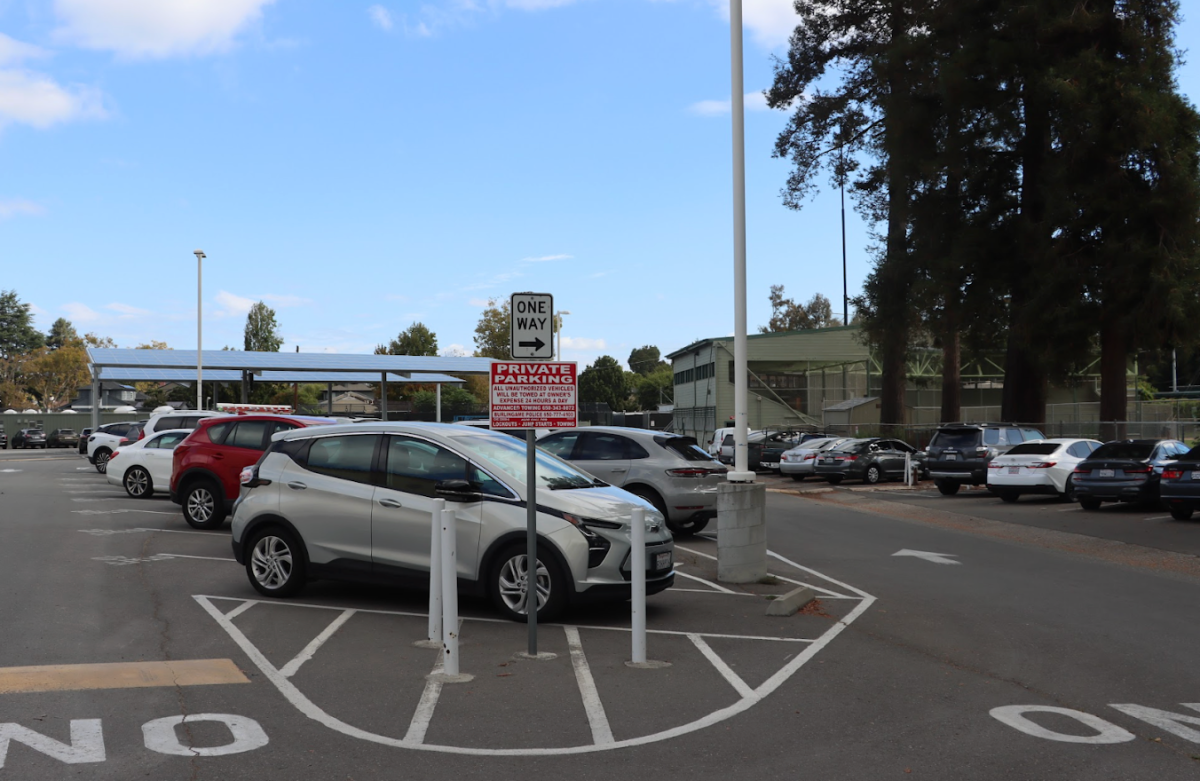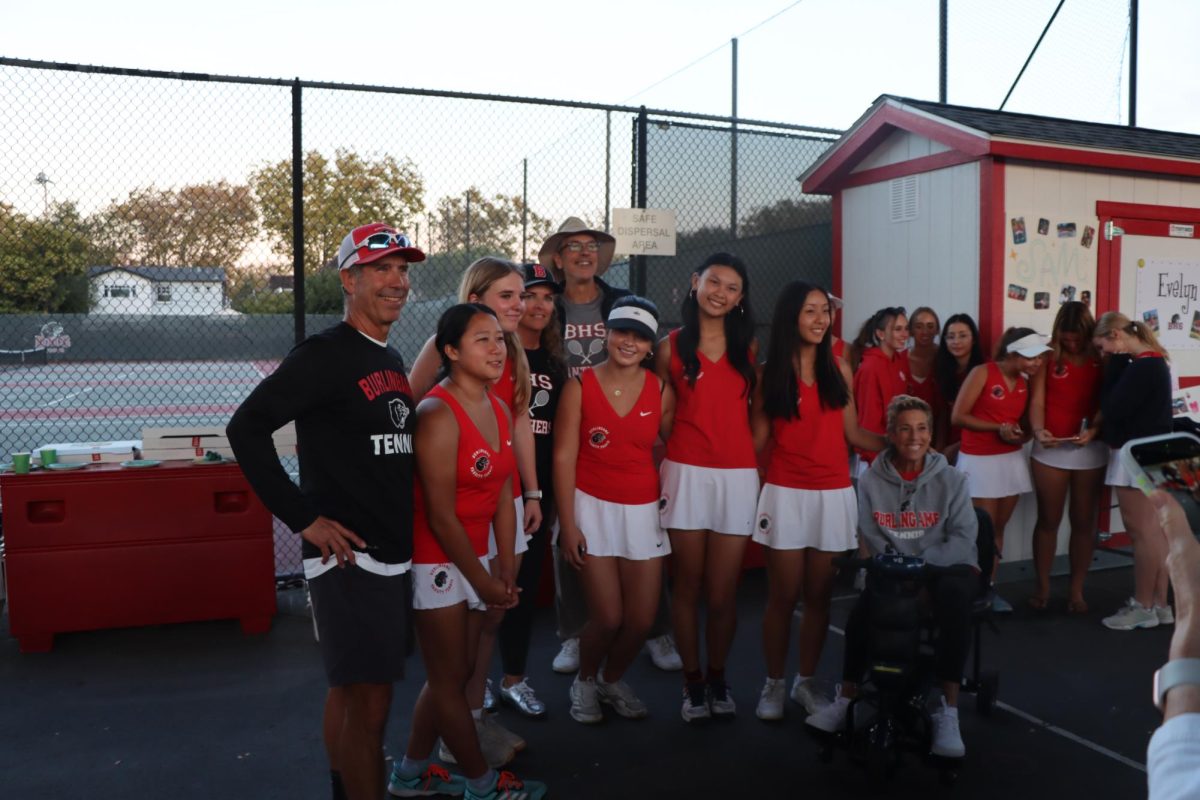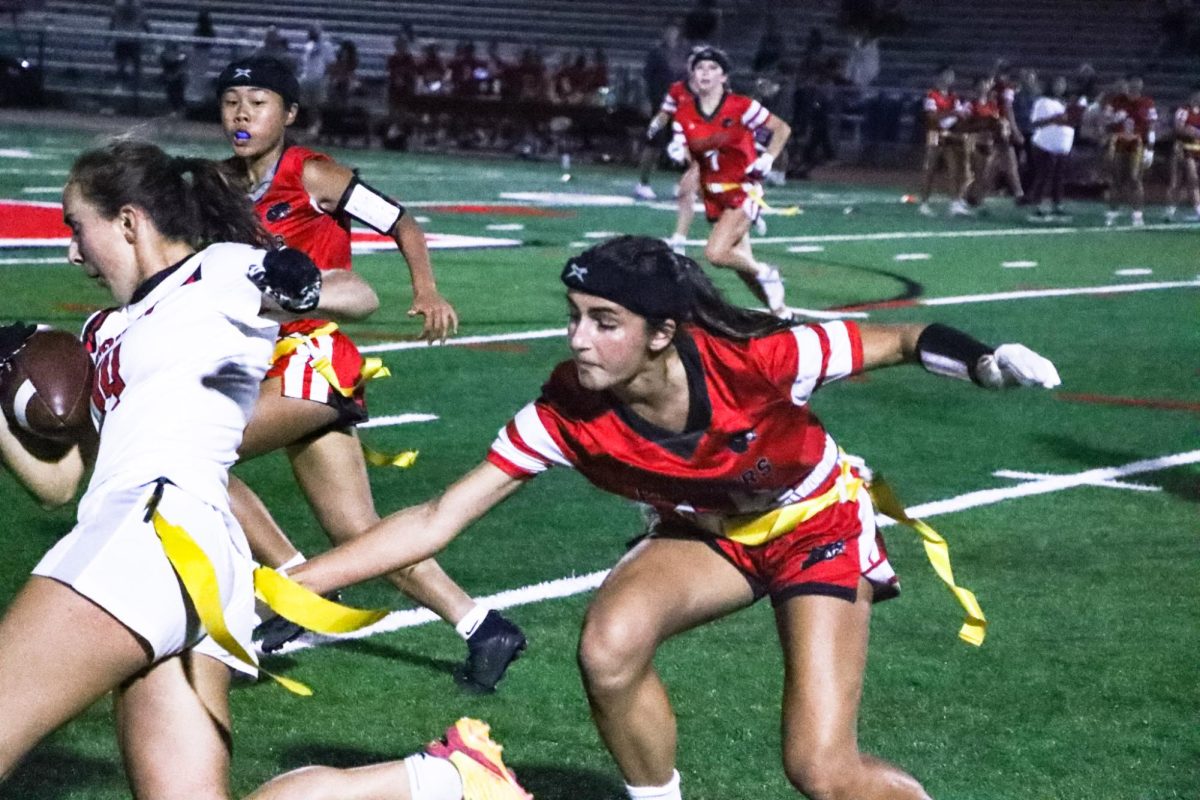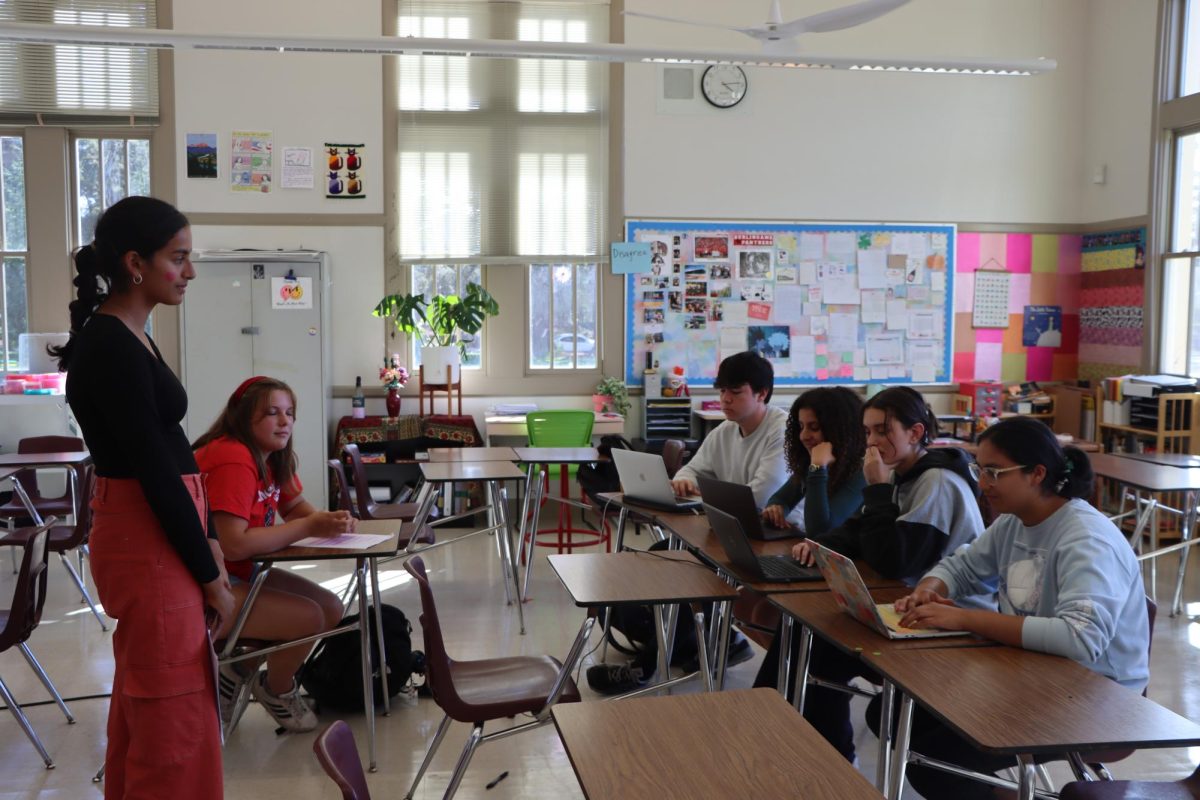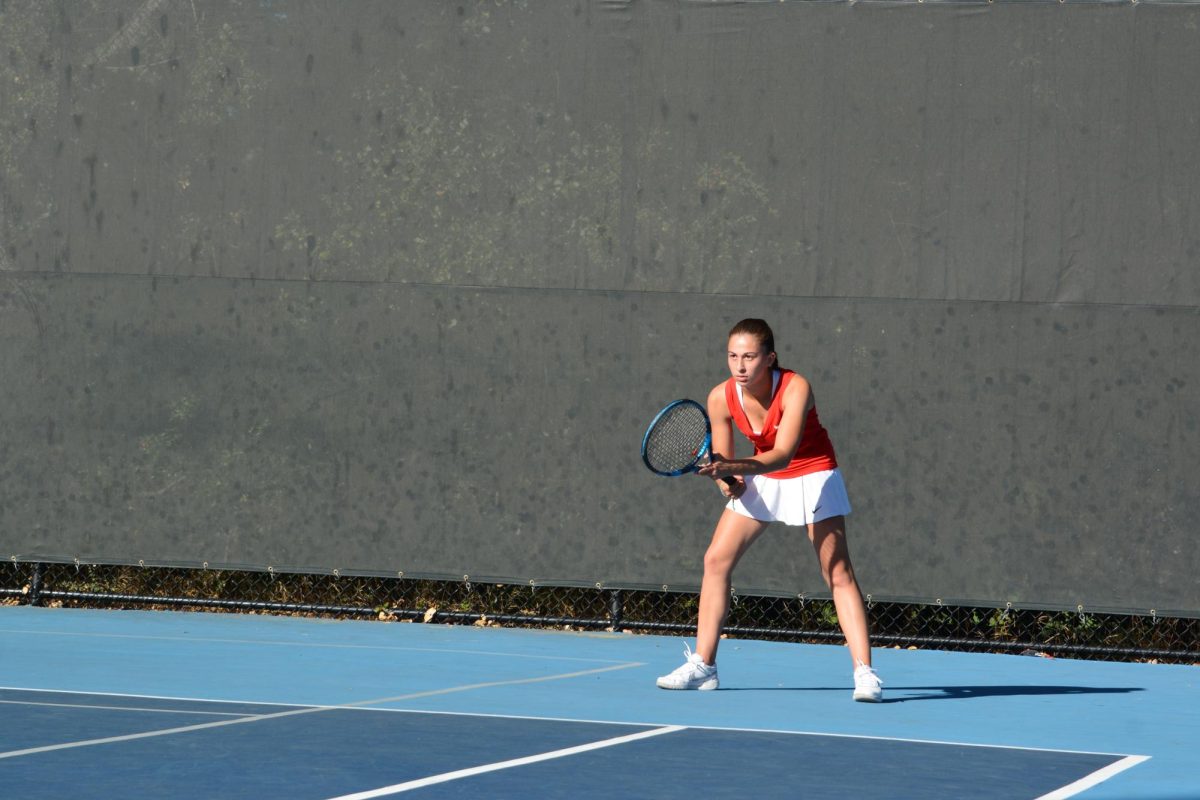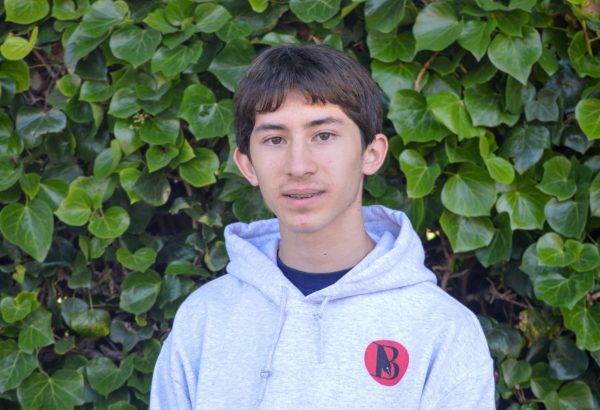There are many novelties in this year’s Mock Trial team: a new advisor, a new competition division and dozens of new applicants. But what hasn’t changed is their wide student appeal, their ambitious expectations and the hard work they’ll put into triumphing in competition.
The team participates in the Constitutional Rights Foundation’s (CRF) mock trial program, which releases a new case every year in mid-September. The students then spend four to five months carefully examining the case, assigning roles to students and constructing arguments (for either side) to be presented at the competitions in February. Going into the 2023-24 season, the team leaders expect a smaller team; while the club once supported both a junior varsity and varsity team, they’ve condensed to only a varsity squad the past two years. In addition, they will be competing in the CRF’s Northern division rather than the Southern division.
Senior and club president Keziah Gopalla, who has been a member since freshman year, said the club and the accompanying community are an integral part of her high school experience. Her current role as an overseer gives her a hand in all aspects of the club, but her main focus is organization and day-to-day operations.
“Mock trial has a really strong community, we meet really great people, and it’s just a really fun environment,” Gopalla said. “Whether that’s collaboration with the other Mock Trial cabinet, or organizing or listening to what the mock trial club needs, I think I’m gaining really valuable skills.”
Advanced Placement (AP) Modern World teacher Jim Chin stepped down from the role of club advisor last year. To fill the gap, Gopalla looked to her junior year AP United States History teacher Elizabeth Bellas.
“One of my former students — Keziah, the president — asked me if I wanted to coach this year … and she probably chose me because she knew I was interested in discussion and debate,” Bellas said. “I was excited because I love encouraging students to be better at public speaking and, you know, debate and discuss. So I’m excited to help students work on those skills.”
In just her second year at Burlingame, and with no prior mock trial, Bellas acknowledges her lack of experience but looks forward to growing her skills along with the club.
“Being a history teacher, I have some knowledge, but [still] a lot to learn,” Bellas said.
Just this week, the club finished conducting auditions. To prepare, auditionees in teams of two read through this year’s case and chose to act as either the witness or the attorney in a cross-examination. After a week of scripting and memorizing their roles, the groups individually presented their cross-examinations to a panel of the club’s leaders. They were then questioned on details of the case, as well as their extracurriculars and level of dedication due to the club’s large time commitment.
The club generated wide interest indicated by the more than 30 students who attended the first meetings and the 26 who returned for auditions. Although participants come from all grades, the majority were freshmen.
Gopalla emphasized that new members didn’t need to be interested in law or have any prior experience; they just needed to be dedicated and willing to invest time into the club both in and out of school. That being said, a lot of auditionees expressed interest in debate, law and careers in the legal system.
Freshman Lydia Covalesky, for instance, joined due to a longstanding interest in law and with the encouragement of her dad, who also participated in mock trial programs while in high school.
“I think it’s really interesting to get further enveloped in law,” Covalesky said. “In school you don’t learn [much about law], so it is a fun way to get … surrounded by it more and learn about it.”
In spite of all the recent changes, Bellas is hopeful that the team will come together and perform this season. She noted a strong work ethic and a sense of genuine enthusiasm from the students during the first few meetings, which are held weekly on Wednesday afternoons.
“The board said, ‘pull out your computers, we’re going to do some reading,’ and the students all just pulled out their computers and started doing reading. Four o’clock in the afternoon is hard, but people were excited to do it,” Bellas said. “It was really natural and easy for students to collaborate and work together to come up with all the facts of the case, which is impressive.”
This year’s case, “People v. Clark,” is a murder mystery involving three brothers and a business, prosthetic limbs, suppressed clinical data, and geofencing. The conflict occurs when one of the brothers is stabbed to death with a champagne saber in his hotel room. The nearly 90-page materials packet contains all the needed information: the story, backgrounds for the characters and all witness testimonies as well as general guidelines for argument organization, proceedings and courtroom etiquette.
What it doesn’t include is who’s guilty and who isn’t — that is for the students to decide.
“It was awesome to hear some of the more experienced Mock Trial students explain to the newer students, ‘Oh, it seems so obvious, but it really isn’t. We need to dive deeper…’” Bellas said. “That [was exciting] to see. It’s not just going to be a clear-cut case.”

